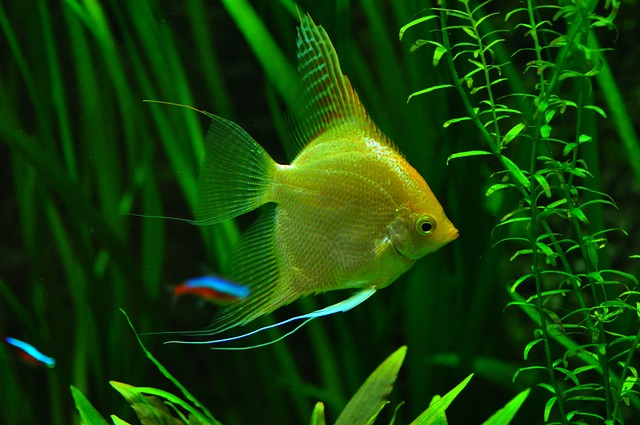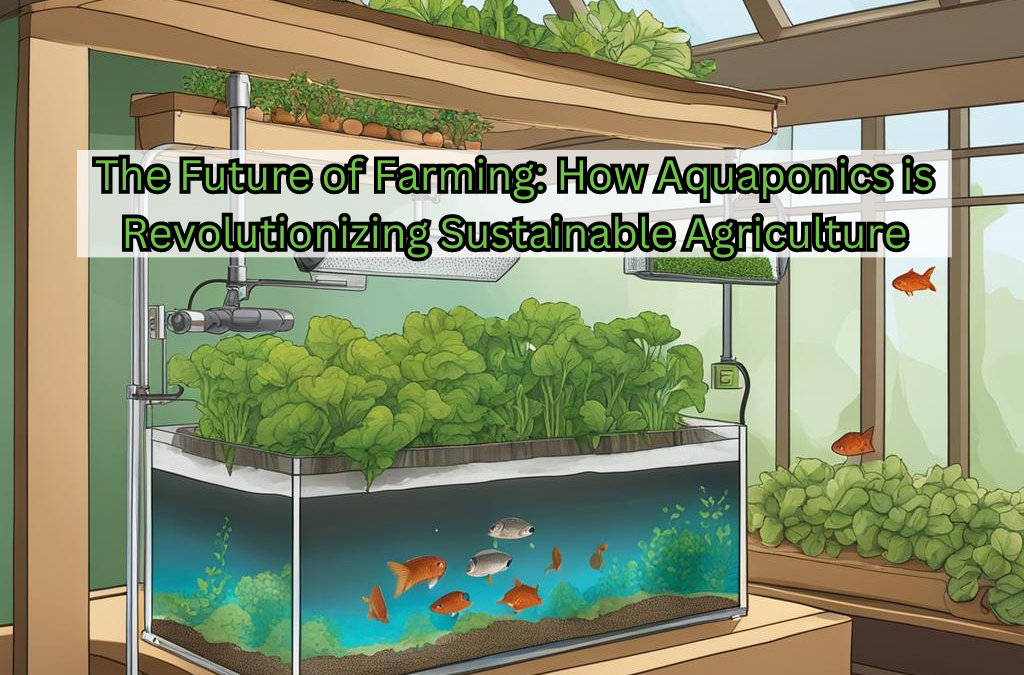Embracing Aquaponics: A Leap Towards Sustainable Food Production
Are you ready to explore the groundbreaking realm of aquaponics? I often begin my workshops with this question, igniting curiosity among my attendees. Today, let’s delve into why aquaponics is not just a trend, but a full-fledged revolution in sustainable food production.
Understanding the Basics of Aquaponics
“Aquaponics is the future,” I say, and here’s why. Imagine merging aquaculture (raising fish) with hydroponics (soil-less plant cultivation). What you get is a harmonious ecosystem where fish waste provides nutrients for plants, and in return, plants purify the water for the fish. It’s a win-win situation, I emphasize to underscore the mutual benefits.
Unpacking the Benefits of Aquaponics
Let’s talk about water efficiency, I continue. In traditional agriculture, vast amounts of water are wasted. But in aquaponics, water is continuously recycled through the system, dramatically reducing overall usage, I explain, highlighting one of the key environmental benefits.
Next, I address the issue of space. You don’t need acres of land, I assure my audience. An aquaponics system can be set up in a compact area, making it a game-changer for urban farming. This is especially important as we seek innovative ways to grow food in space-limited cities.

Overcoming the Challenges with Innovation
Of course, no system is without its challenges, I concede. Balancing the ecosystem can be tricky. But, I’m quick to add that technology is our ally here. With automated monitoring and sensors, we’re now able to maintain the perfect balance more easily than ever before.
The Role of Renewable Energy in Aquaponics
As we discuss sustainability, I point out that renewable energy integration is key. Solar-powered aquaponics systems are becoming more common, reducing the carbon footprint and operational costs.
Selecting the Right Crops and Fish
“Not all plants and fish are suitable for aquaponics,” I note, guiding my audience through the selection process. We talk about species that are particularly well-suited to the environment, emphasizing the importance of choosing wisely to ensure the system’s productivity.
The Future is Here with Aquaponics
As we wrap up, I remind everyone, “Aquaponics isn’t just a technique, it’s a sustainable revolution.” It has the potential to transform how we approach food production, especially in regions where water or fertile land is scarce.
Join the Aquaponics Movement: Act Now for a Greener Tomorrow
Are you ready to be part of this sustainable revolution? Start your own aquaponics journey today and be the change you wish to see in the world! Visit our EAT Community to learn more!


Recent Comments